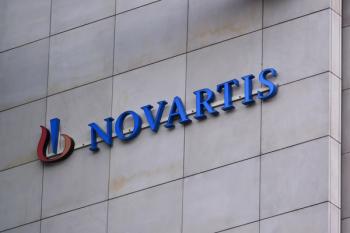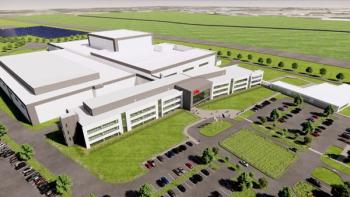
- Pharmaceutical Executive: July/August 2024
- Volume 44
- Issue 7/8
Could the Jobs Report Help Reverse Biotech’s Underperformance?
The data may be a catalyst for sector with a now-likely rate pivot looming.
Headline: The US economy added substantially fewer jobs than expected in July, making a September interest rate cut more likely. The rate hikes, aimed at taming the economy and inflation, crippled biotech valuations, and choked off supplies of new capital into the sector. A pivot could mark a substantial launch of biotech outperformance.
Specifically, on Aug. 2, the Bureau of Labor Statistics reported that the US economy added 114,000 jobs in July, a sharp decline from June and well below expectations for about 175,000 jobs. The unemployment rate rose to 4.3%, up from 4.1% in June, the highest level since October 2021. Average hourly earnings rose by a softer 0.2% month-over-month and 3.6% year-over-year, indicating that inflationary pressures are easing.
While the Fed Open Market Committee voted unanimously to hold rates steady at its July meeting, Committee Chair Jerome Powell stated “that the time is approaching” for a rate cut.
Stocks plunged the day of the report and the ensuing Monday following the far-weaker-than-expected report. The report sang in unison with multiple disappointing earnings results from major companies, including Intel, which announced that it plans to slash its workforce. Berkshire Hathaway cut its holdings in Apple by over half, sparking fear about the outlook for tech.
Predictably, former president Donald Trump, amid the news, was quick to blame the Biden administration for the weakening economy, while it has already been struggling to sell its economic track record.
There’s now significant pressure on the Fed to act—and cut rates sooner than later. Many are already arguing that it is again behind the curve. While most agree that a rate cut in September is likely, some suggest that it could come as soon as August—and that it won’t be 25 basic points (bps); it will be 50.
What does all of this mean for the biotechnology industry? Well, it could mean a lot and be very constructive for outperformance in the sector, at a minimum on a relative basis.
Biotech stocks and the XBI index have been, for the most part, inexorably and tightly inversely correlated with the direction of travel in interest rates. This pivot should usher in a long anticipated and potentially significant outperformance for biotech stocks.
Following a more than three-year bear market for biotech, the XBI appears to have hit its trough in October 2023 of $63.80, for a steep and painful decline of 63.5% off the-all-time high of $174.79 reached in February of 2021. Since then, the index has begun to move ahead and now stands at $94.40, down from recent highs of just over $100 in July.
BIOTECH FUNDAMENTALS REMAIN POSITIVE ON BALANCE
Despite the sector’s underperformance, the follow-on market and M&A activity are at record levels. This means that companies generating good data can get funded and the number of organizations with extended cash runway is increasing. That said, there are still the have nots—microcaps are having an increasingly difficult time getting funded, and shrinking cash runways and restructurings, mergers, and closures will continue to plague this group. This is likely a healthy flushing out from the heady period of excess in 2020 and 2021.
M&A is also on track for a record pace in 2024 and should certainly continue to fuel positive performance. Large cap acquirers have $1.5 billion in “firepower,” according to EY’s most recent report, and a high sense of urgency to access external innovation to fill the growth gap from impending losses of exclusivity for revenues that exceed $350 billion. These exits place big performance gains and new cash into sector funds, which will be redeployed into new investments in companies with attractive assets.
Scientific innovation remains high and is the underpinning of the money flowing into the sector. In fact, according to Chris Garabedian, CEO, Xontogeny, $17 billion in new money has been invested in venture capital funds, and in the first half of this year, flows have reached the highest level since the first half of 2022 and are near the all-time high in the first half of 2020.
These strong fundamentals, coupled with the slowdown in the economy, corporate earnings, and lower interest rates, position biotech for outperformance.
Barbara Ryan is Founder, Barbara Ryan Advisors, and a member of Pharm Exec's Editorial Advisory Board
Articles in this issue
over 1 year ago
Pharmaceutical Executive: July/August 2024 Issue (PDF)over 1 year ago
An AI Pulse Checkover 1 year ago
A Promising Option: Exxuaover 1 year ago
Opening the Door: Omvohover 1 year ago
'Marked’ for Stardom?: Truqapover 1 year ago
Branching Off: Wegovyover 1 year ago
A Formidable First: Winrevairover 1 year ago
The Future of Launch Excellence is Generative AIover 1 year ago
From Potential to Value: Carving a Slice of the CGT ‘PIE'Newsletter
Lead with insight with the Pharmaceutical Executive newsletter, featuring strategic analysis, leadership trends, and market intelligence for biopharma decision-makers.




